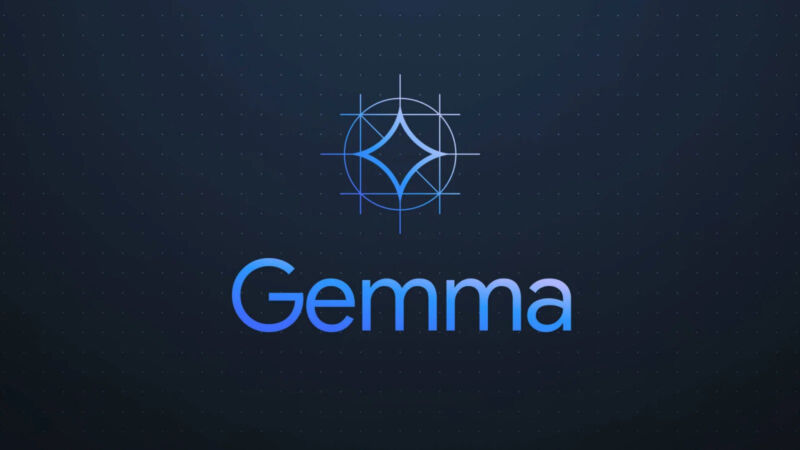Google goes “open AI” with Gemma, a free, open-weights chatbot family

On Wednesday, Google announced a new family of AI language models called Gemma, which are free, open-weights models built on technology similar to the more powerful but closed Gemini models. Unlike Gemini, Gemma models can run locally on a desktop or laptop computer. It's Google's first significant open large language model (LLM) release since OpenAI's ChatGPT started a frenzy for AI chatbots in 2022.
Gemma models come in two sizes: Gemma 2B (2 billion parameters) and Gemma 7B (7 billion parameters), each available in pre-trained and instruction-tuned variants. In AI, parameters are values in a neural network that determine AI model behavior, and weights are a subset of these parameters stored in a file.
Developed by Google DeepMind and other Google AI teams, Gemma pulls from techniques learned during the development of Gemini, which is the family name for Google's most capable (public-facing) commercial LLMs, including the ones that power its Gemini AI assistant. Google says the name comes from the Latin gemma, which means "precious stone."


